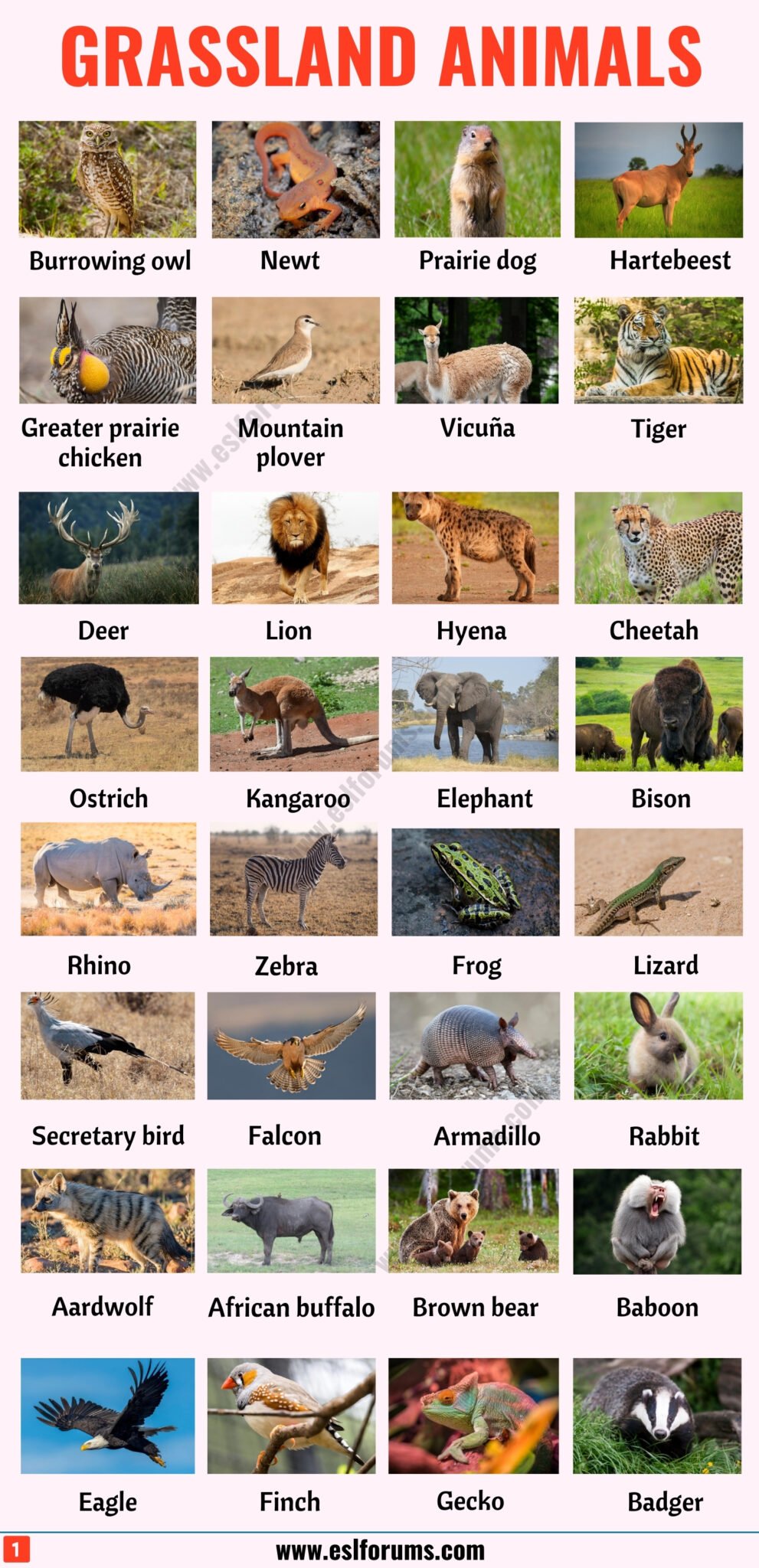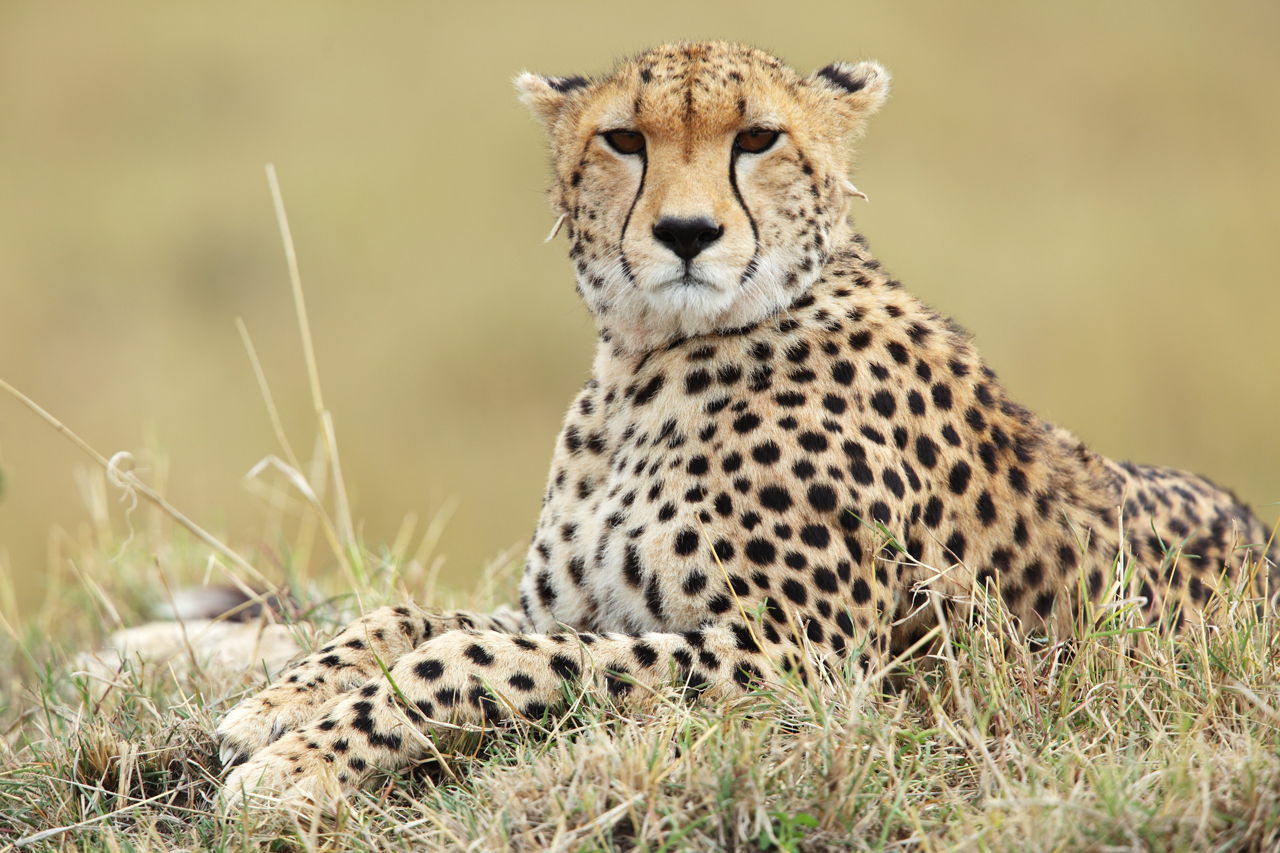Grassland Animals List North America

Grassland Animals List of Grassland Animals.
Grassland animals list north america. Large numbers of birds grazing mammals reptiles insects and predators live throughout the grasslands of. North America - American toad badger black-footed ferret bison black-tailed jack rabbit bumble bee burrowing owl California condor carrion beetle common snipe coyote deer dragonfly eagles eastern cottontail elk ferruginous hawk fox snake golden owl gopher snake grasshopper gray wolf ground squirrels killdeer lady beetle larks long-billled curlew meadow vole monarch butterfly northern. Grasslands differ around the world from the prairies of North America to the African Savanna.
The prairie grassland is known as the granaries of the world. Some animals that inhabit temperate grasslands in north america are bison antelope birds gophers prairie dogs coyotes and insects. Theodore Roosevelt National Park is enclaved in its borders.
Some animals that live in tropical grassland are lions leopards cheetahs hyenas jackals zebras giraffes elephants and rhinoceroses. Trees can be present but they are infrequent. Low rainfall wildland fires and grazing by animals are three factors that maintain grasslands.
Today plains animals are increasingly threatened by resource extraction and fragmentation which has led to calls for preservation and restoration of the region. Below is the list of over 160 grassland animals around the world. The animals found in grasslands range from African elephants Loxodonta africana to various species of prairie dogs Cynomys spp.
Grassland Animals of North America Prairies Prairie dog. Which animal is the king of North America. Little Missouri covers 1028784 acres.
Vegetation on the African savannas for example feeds animals including zebras wildebeest gazelles and giraffes. Many North American grassland bird spe-cies are of high continental conservation sig-nificance due to large-scale habitat loss and degradation over much of their range lead-ing to significant population declines. They were once plentiful.



















